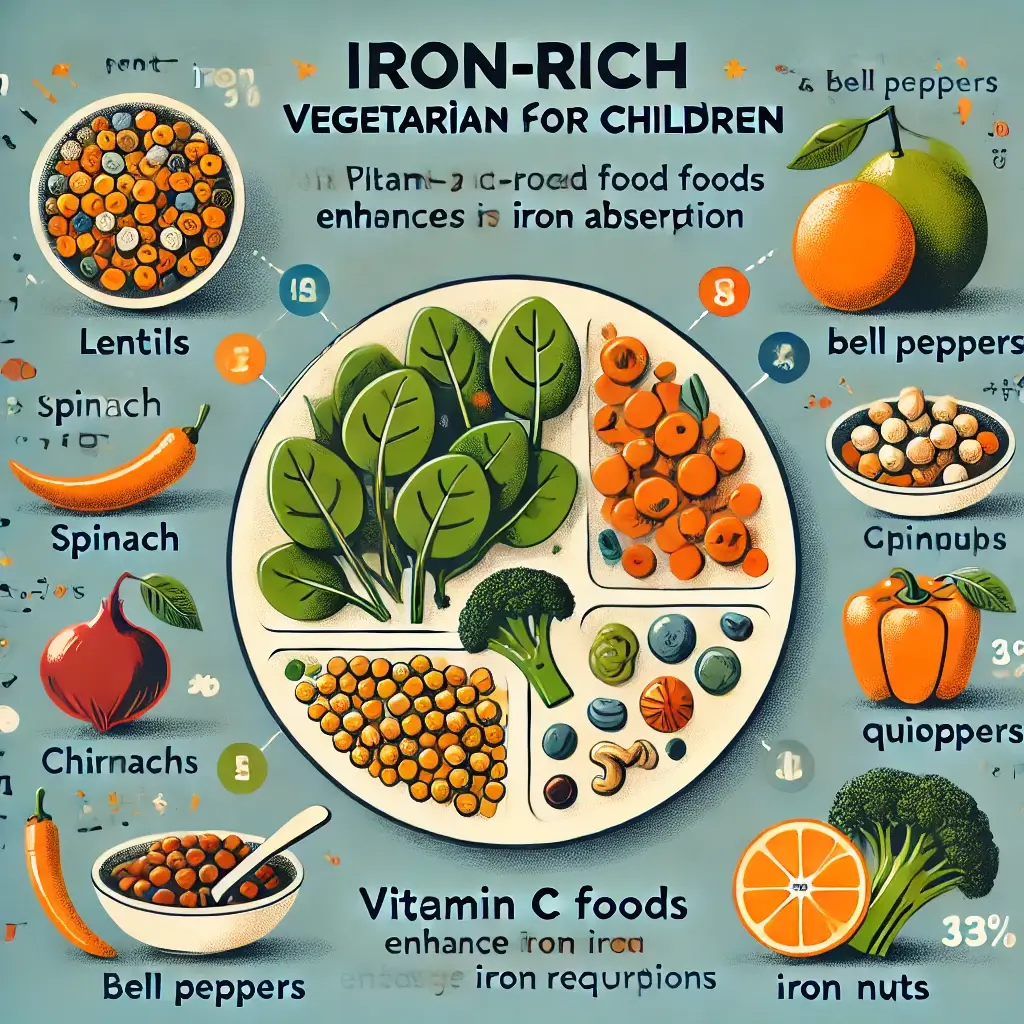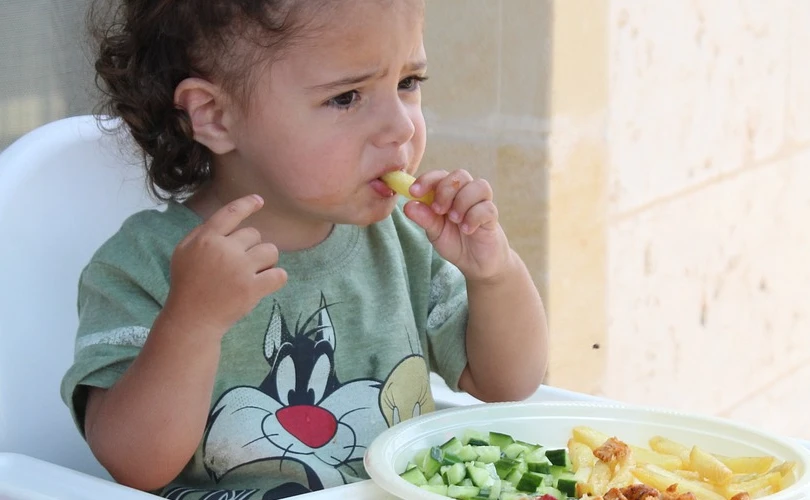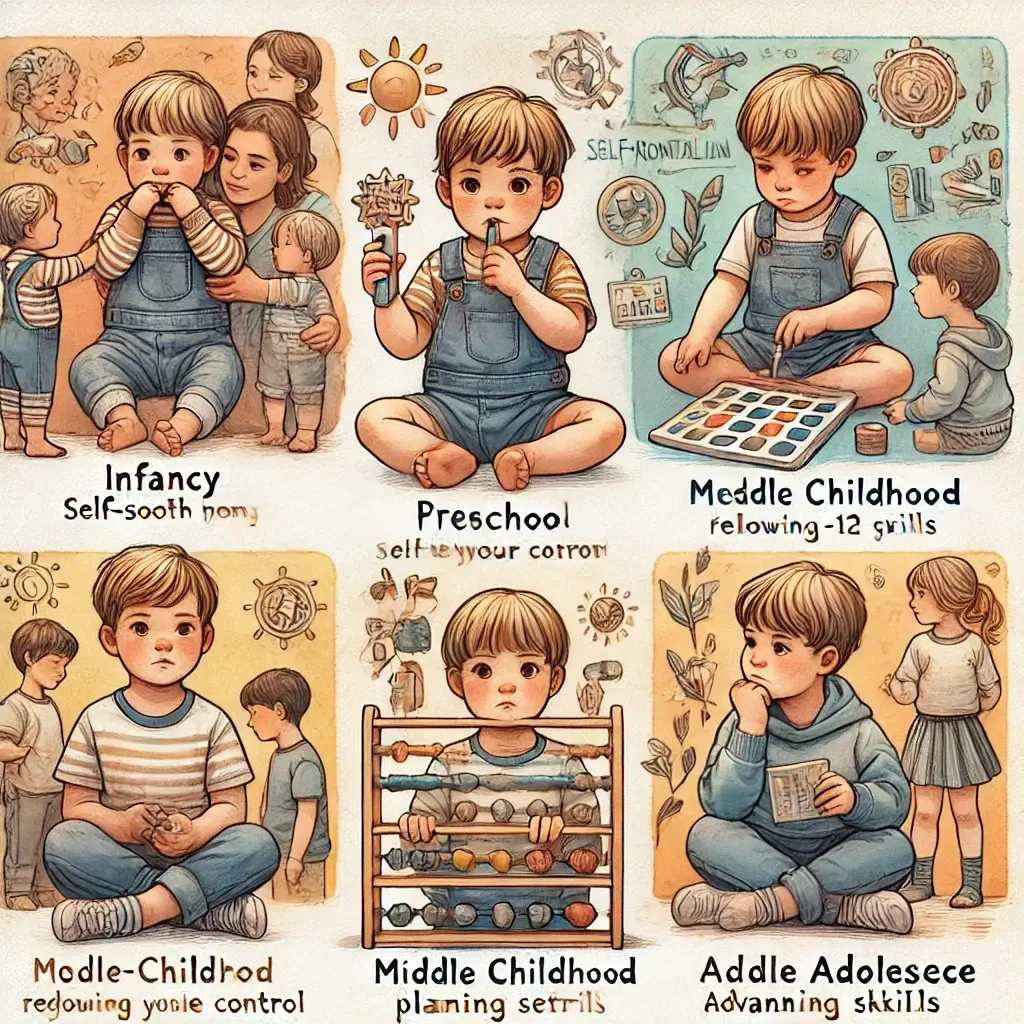The Growing Importance of Iron in Vegetarian Children’s Diets
As vegetarian diets gain popularity, more families are navigating the challenges of ensuring their children receive adequate nutrition. Iron, an essential mineral, is particularly crucial for growing children. It supports oxygen transport, brain development, and energy production. Despite the benefits of plant-based diets, studies show that iron deficiency remains a common issue among vegetarian children. The Journal of Pediatric Nutrition (2024) revealed that nearly 45% of vegetarian children experience suboptimal iron levels, often due to insufficient meal planning.
Expert Insights on Iron Optimization
The good news is that with the right strategies, parents can overcome these challenges. From selecting iron-rich foods to enhancing absorption, careful planning ensures children thrive on a vegetarian diet. “Understanding the role of iron and how to optimize its absorption is key to success,” explains Dr. Elena Thompson, a leading pediatric nutritionist. This article provides practical research-backed guidance for balanced iron-rich meal plans tailored to their children’s needs.
Understanding Different Forms of Iron
Iron exists in two forms: heme (animal-based) and non-heme (plant-based). While non-heme iron is less bioavailable, it can be absorbed more efficiently when paired with vitamin C-rich foods. For example, pairing lentils with tomatoes or bell peppers can increase iron absorption by 40% (Vegetarian Health Quarterly, 2024).
Key Factors Affecting Iron Absorption
Certain foods and beverages hinder iron absorption. For instance: Tea and Coffee: Tannins in these beverages can reduce absorption by 35%. Calcium-Rich Foods: Dairy products consumed with iron-rich meals can block iron uptake (Iron Deficiency Research Review, 2024). To optimize absorption, schedule these foods and drinks at least two hours apart from iron-rich meals.
Iron Requirements Across Age Groups
Children’s iron requirements vary by age and activity level: Toddlers (1–3 years): 7–10 mg daily, School-Age Children (4–12 years): 8–12 mg daily, Teens (13–18 years): 12–15 mg daily, Athletes: Up to 18 mg daily, depending on activity levels (Nutritional Medicine Journal, 2024).
Age-Specific Meal Planning Guidelines
Parents can use these examples to meet daily iron needs: Toddlers: Breakfast: Fortified oatmeal with banana slices and a splash of orange juice. Lunch: Lentil soup with a side of roasted sweet potatoes. Snacks: Dried apricots or iron-fortified crackers. Dinner: Mashed peas with quinoa and a sprinkle of nutritional yeast.
School-Age Children’s Meal Suggestions
School-Age Children: Breakfast: Whole-grain toast with almond butter and fortified plant milk. Lunch: Hummus and spinach sandwich with cherry tomatoes. Snacks: Pumpkin seeds and fresh orange slices. Dinner: Black bean tacos with avocado and mango salsa.
Teen Nutrition Planning
Teens: Breakfast: Smoothie made with spinach, fortified plant milk, and frozen strawberries. Lunch: Chickpea salad with quinoa and roasted vegetables. Snacks: Roasted chickpeas or a handful of nuts and dried cranberries. Dinner: Stir-fried tofu with bok choy, bell peppers, and brown rice.
Leveraging Technology for Meal Planning
Modern tools make meal planning easier for busy families. Apps like Cronometer and Yummly provide nutrient tracking, customized meal plans, and recipe suggestions tailored to dietary preferences. Community forums and expert consultations on these platforms also offer support and guidance.
Evidence of Success in Vegetarian Children
The impact of structured meal planning is evident. For instance, a 2024 study of 2,500 vegetarian children demonstrated that those with planned diets had iron levels comparable to their non-vegetarian peers. Families who adopted strategies such as pairing iron-rich foods with vitamin C and avoiding inhibitors saw significant improvements in energy levels, cognitive performance, and overall health (Child Development Studies, 2024).
Expert Perspectives on Parent Education
Dr. Michael Chen, a pediatric hematologist, emphasizes, “Parents who take an active role in meal planning and education can prevent deficiencies and set their children up for lifelong health.”
Empowering Parents for Success
Parents play a pivotal role in shaping their children’s nutrition, especially when following vegetarian diets. By understanding iron’s importance, recognizing absorption challenges, and implementing practical meal strategies, families can ensure their children thrive. Structured meal plans enriched with diverse plant-based foods and guided by expert advice are the foundation of success.
Final Expert Insights
“With the right tools and knowledge, parents can confidently nourish their children on a vegetarian diet,” concludes Dr. Thompson. The journey requires effort, but the rewards—better health, improved energy, and enhanced development—are well worth it.
Research Sources
Journal of Pediatric Nutrition (2024). “Iron Sufficiency in Vegetarian Diets.”
Vegetarian Health Quarterly (2024). “Enhancing Iron Absorption in Plant-Based Diets.”
Iron Deficiency Research Review (2024). “Dietary Inhibitors of Iron Absorption.”
Child Development Studies (2024). “Impact of Structured Meal Plans on Pediatric Iron Levels.”
Nutritional Medicine Journal (2024). “Age-Specific Nutritional Guidelines for Vegetarian Children.”

Dominic E. is a passionate filmmaker navigating the exciting intersection of art and science. By day, he delves into the complexities of the human body as a full-time medical writer, meticulously translating intricate medical concepts into accessible and engaging narratives. By night, he explores the boundless realm of cinematic storytelling, crafting narratives that evoke emotion and challenge perspectives. Film Student and Full-time Medical Writer for ContentVendor.com




